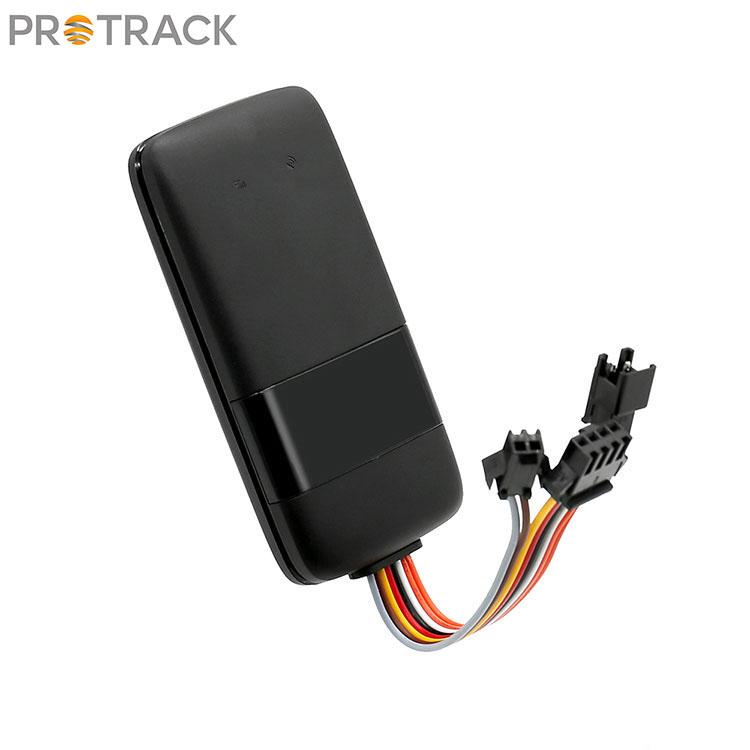Navigating Precision: Understanding the Accuracy of GPS Locator Trackers
2023-12-04
Introduction:
In the world of location-based technology, GPS locator trackers have become indispensable tools, promising accurate and real-time positioning information. However, the precision of these trackers can vary, influenced by a myriad of factors. In this blog post, we'll explore the accuracy of GPS locator trackers and delve into the key factors that can affect their precision.
The Basics of GPS Locator Tracker Accuracy:
GPS locator trackers leverage signals from a constellation of satellites to determine their location on the Earth's surface. The typical accuracy of consumer-grade GPS trackers is within a few meters, making them suitable for a wide range of applications such as navigation, fitness tracking, and asset management.
Factors Influencing GPS Locator Tracker Accuracy:
1. Number of Satellites Visible:
- The more satellites a GPS locator tracker can "see" at a given time, the more accurate its location reading will be. In open areas with a clear view of the sky, the tracker can connect with multiple satellites, improving accuracy.
2. Satellite Geometry:
- The arrangement and positioning of satellites in the sky can affect accuracy. Ideal positioning involves satellites spread out across the sky, ensuring a strong and diverse signal reception for accurate trilateration.
3. Atmospheric Conditions:
- Atmospheric conditions, such as dense cloud cover or heavy precipitation, can attenuate GPS signals, leading to reduced accuracy. Additionally, factors like ionospheric and tropospheric delays can introduce errors in the signals.
4. Obstructions and Urban Environments:
- Tall buildings, dense urban environments, or natural obstructions like mountains and forests can hinder the direct line of sight between the GPS locator tracker and satellites. This can result in signal reflections and multipath interference, impacting accuracy.
5. Receiver Quality:
- The quality of the GPS receiver in the tracker plays a crucial role in accuracy. Higher-end devices with advanced receivers and signal processing capabilities tend to provide more accurate location information.
6. Satellite Constellation:
- Different satellite constellations, such as GPS, GLONASS, Galileo, and BeiDou, may offer varying levels of accuracy. Multi-constellation trackers can switch between systems to enhance accuracy, especially in areas with limited satellite visibility.
7. Selective Availability (SA) and Augmentation Systems:
- Selective Availability, a deliberate degradation of GPS signals implemented for security reasons, is no longer active. However, augmentation systems like WAAS (Wide Area Augmentation System) or EGNOS (European Geostationary Navigation Overlay Service) can further improve accuracy by providing correction signals.
Achieving High Accuracy:
To maximize the accuracy of GPS locator trackers, users can consider the following tips:
- Ensure a clear line of sight to the sky, especially in challenging environments.
- Use devices with multi-constellation support for enhanced accuracy.
- Regularly update firmware and software for improved performance.
- Opt for trackers with high-quality receivers and signal processing capabilities.
Conclusion:
While GPS locator trackers offer impressive accuracy, it's crucial to understand the various factors that can influence their precision. By considering these factors and adopting best practices, users can make the most of their GPS locator trackers, ensuring reliable and accurate location information for diverse applications, from navigation to asset tracking and beyond. As technology continues to advance, we can anticipate even more sophisticated solutions, pushing the boundaries of location-based precision.



